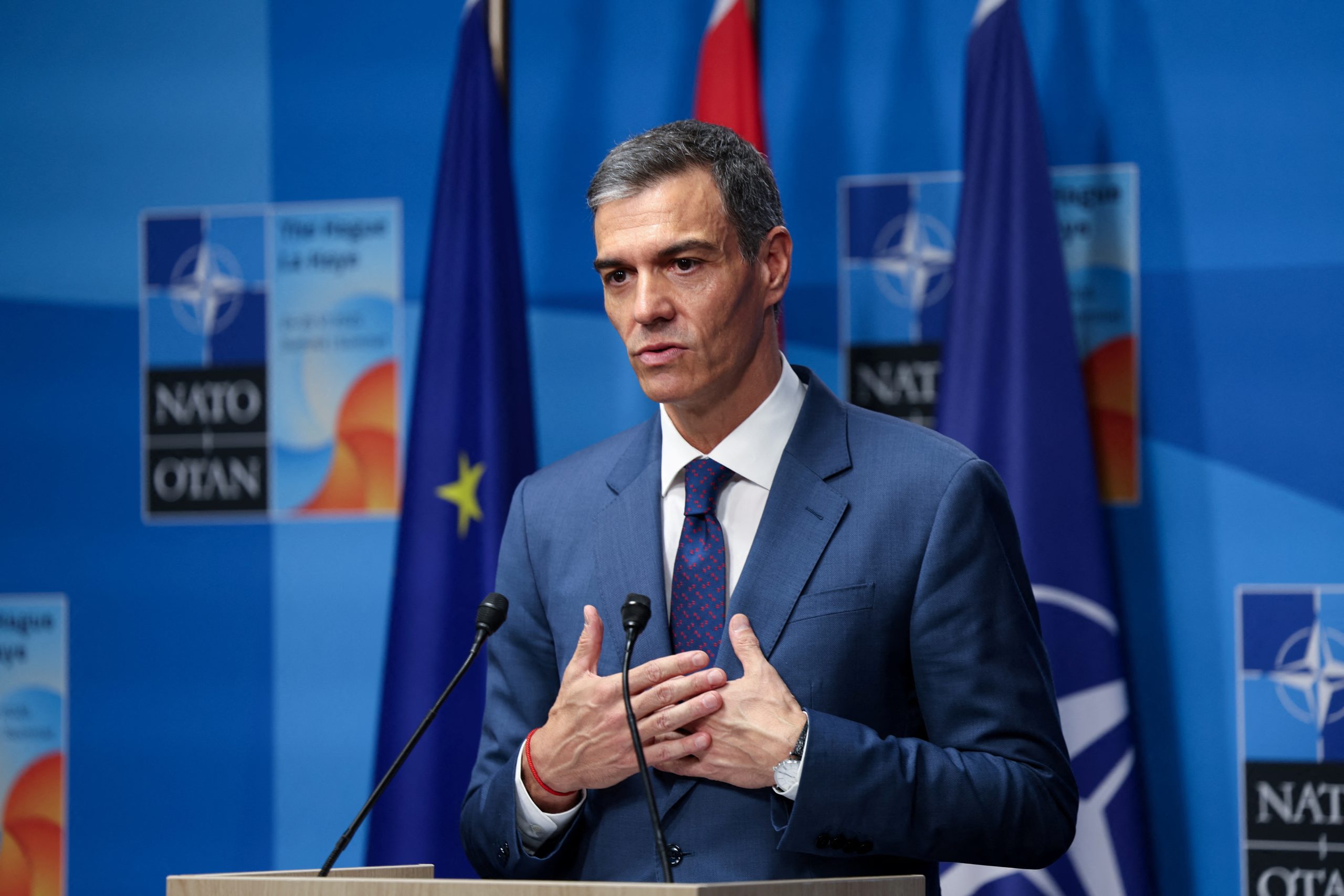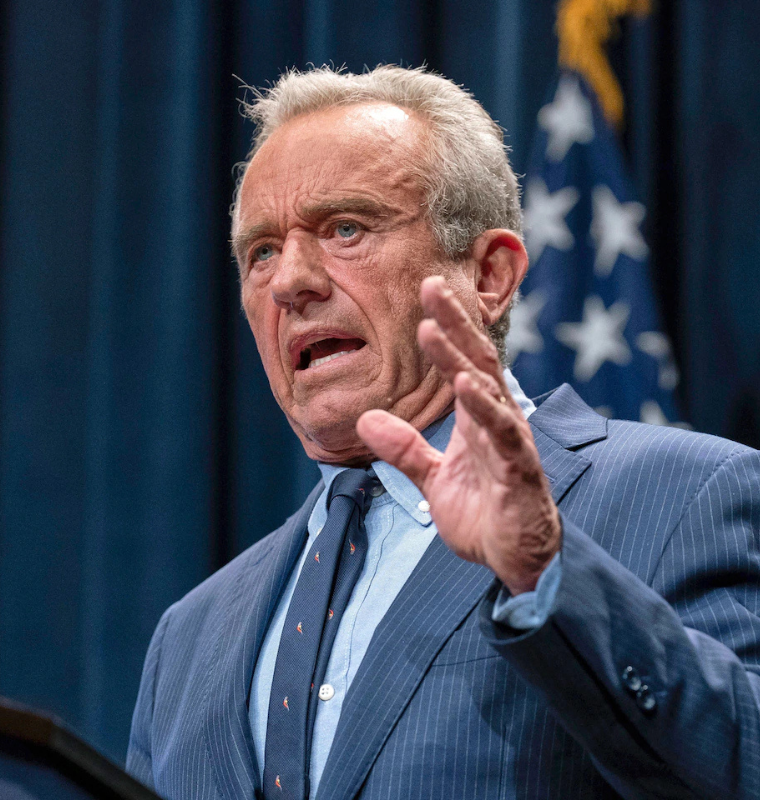Spain’s Bold Defense Stance Sparks Rising Tensions with Trump Administration
Spain’s Bold Defense Stance Sparks Rising Tensions with Trump Administration
By
David Goldfarb
Last updated:
August 12, 2025
First Published:
November 30, 2025

Photo: Fox Business
Tensions between Spain and the United States are escalating over Madrid’s increasingly independent approach to defense and foreign policy. Spanish Prime Minister Pedro Sánchez’s recent decisions—refusing U.S. military aircraft purchases, rejecting NATO’s ambitious 5% defense spending target, and fostering stronger economic ties with China—have placed Spain on a collision course with the Trump administration. While Spain has yet to face harsh retaliatory measures, analysts warn that the stakes are high in this diplomatic standoff.
Spain’s Defense Decisions Defy U.S. Expectations
In a significant move last month, Spain’s Defense Ministry confirmed it would no longer consider purchasing the American-made F-35 stealth fighters from Lockheed Martin. Instead, Madrid is prioritizing European military aircraft to modernize its aging fighter jet fleet. This choice came shortly after President Trump openly criticized Spain for its reluctance to commit to NATO’s new 5% defense spending target by 2035.
At NATO’s June summit in the Netherlands, Trump warned that Spain’s economy “could be blown right out of the water with something bad happening,” and threatened punitive trade measures, including doubling tariffs on Spanish goods. He accused Spain of trying to take “a little bit of a free ride” on defense costs. Despite these strong words, Spain remains shielded from direct trade retaliation due to its membership in the European Union, which negotiates trade agreements collectively. The EU and U.S. recently agreed on a 15% tariff on select goods, protecting Spain from the harsher unilateral tariffs seen by non-EU countries like Switzerland, which faces a 39% tariff on key exports.
Domestic Politics and Foreign Policy: A Complicated Balance
Federico Santi, a senior analyst at Eurasia Group specializing in Southern Europe, describes Spain as “the only European country openly antagonizing Trump,” standing apart from others who prefer a low-profile approach. He attributes Spain’s defiance to the “distinct weakness” of Sánchez’s minority leftist coalition government, which is grappling with scandals and corruption probes.
For Sánchez, foreign policy issues like defense provide an opportunity to shift public attention from domestic challenges. Sánchez, who has led Spain since 2018 and plans to run for re-election in 2027, has resisted opposition calls for resignation, using high-profile foreign affairs as a strategic distraction.
Ignacio Molina, senior fellow at Madrid’s Elcano Royal Institute, highlights Spain’s historical and geopolitical uniqueness. “Spain views its relationship with Washington as less vital compared to other EU countries,” Molina explains, noting Spain’s geographic distance from Russia and a political culture that is strongly pro-European rather than Atlanticist. Even regarding Ukraine, Spain’s focus is more on EU integration and refugee support than on NATO’s military role.
Growing China Engagement Deepens Diplomatic Rift
Spain’s pursuit of closer economic ties with China further complicates its relationship with the U.S. Despite hosting two strategic U.S. military bases in the south, Spain has moved forward with awarding multi-million euro contracts to Chinese tech giant Huawei for wiretapping technology—an act that has drawn criticism from both U.S. and European officials.
Kristina Kausch, a senior fellow at the German Marshall Fund and Madrid representative, notes that Spain’s China-friendly stance signals a broader European push for strategic rebalancing, but one that “must be based on reciprocity.” By resisting U.S. pressure on defense procurement, Spain is asserting Europe’s desire to develop its own military capabilities and industrial independence. Yet, Kausch cautions that this bold approach is “a big gamble” that risks repercussions for Sánchez personally, Spain as a nation, and the broader European alliance.
What’s Next for Spain and the U.S.?
Spain’s navigation between NATO commitments, U.S. demands, and China engagement reflects a delicate balancing act influenced by domestic politics and international ambitions. While its EU membership provides a buffer against direct economic fallout, the country’s confrontational stance toward the Trump administration marks a rare example of European defiance.
As Spain moves forward with its defense modernization plans and deepens economic cooperation with Beijing, both Madrid and Washington face growing challenges in maintaining their historically complex but vital partnership. How these tensions unfold will significantly impact trade relations, NATO cohesion, and the geopolitical landscape of Europe.
Popular articles
Subscribe to unlock premium content
Gourmet Gold: Micro-Venture Funds and Europe’s Artisan Food Revolution

Artificial Elegance in Fashion

Ferrari’s Craft of Desire

Gourmet Gold: Micro-Venture Funds and Europe’s Artisan Food Revolution

Artificial Elegance in Fashion

Gourmet Gold: Micro-Venture Funds and Europe’s Artisan Food Revolution









